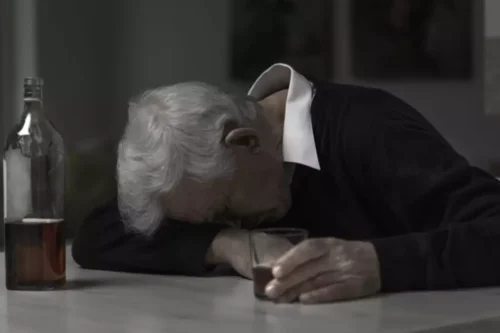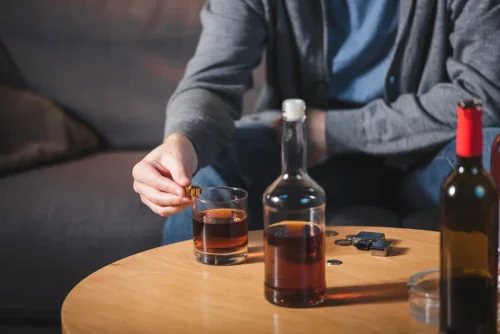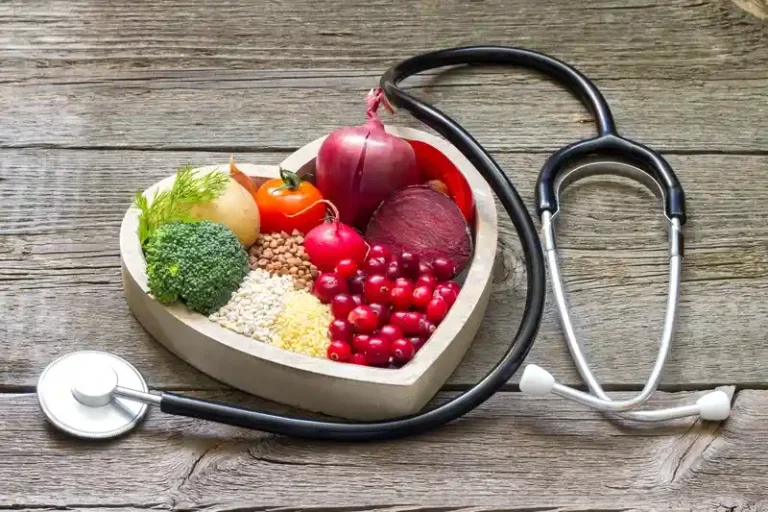
Alcohol use disorder is a pattern of alcohol use that involves problems controlling your drinking, being preoccupied with alcohol or continuing to use alcohol even when it causes problems. This disorder also involves having to drink more to get the same effect or having withdrawal symptoms when you rapidly decrease or stop drinking. Alcohol use disorder includes a level of drinking that’s sometimes called alcoholism. Here’s some information to help you get ready for your appointment, and what to expect from your health care provider or mental health provider. For serious alcohol use disorder, you may need a stay at a residential treatment facility.

What Types of Alcohol Treatment Are Available?
Take the assessment and get matched with a therapist in as little as 48 hours. Make a table like the one below, weighing the costs and benefits struggling with alcohol addiction of drinking to the costs and benefits of quitting.
Accessible Ways to Stop Drinking Alcohol
Most people receive support to stop drinking and recovery support in the community. Getting the right support can be crucial to maintaining control in the future. Only relying on family, friends or carers for this often is not enough. If you have become dependent on alcohol, you will have found it difficult to fully control your drinking in some way. “Someone who has alcohol use disorder need not reinvent the wheel every time,” Weiner says. “There’s so many ways for them to get where they’re going and to have support while doing it.”
- Your loved one’s addiction may even be so overwhelming that it seems easier to ignore it and pretend that nothing is wrong.
- But in the long run denying it will only bring more harm to you, your loved one with the problem, and the rest of your family.
- If you or someone you know is struggling with anxiety and/or depression and drink alcohol to cope, the alcohol may be actually wind up contributing to some of these symptoms.
- Alcohol use disorder, or alcoholism, is more than just drinking too much from time to time.
What health complications are associated with alcoholism?
Instead, relapse indicates that additional and/or a different form of treatment is necessary. Keep a record of your drinking to help you reach your goal. For 3 to 4 weeks, write down every time you have a drink and how much you drink. Reviewing the results, you may be surprised at your weekly drinking habits. Once you’ve made the decision to change, the next step is establishing clear drinking goals. alcoholism symptoms The more specific, realistic, and clear your goals, the better.
- And you don’t have to wait until you hit rock bottom; you can make a change at any time.
- But for those struggling with alcohol addiction, it can be a time of dread as they navigate the pressures and emotions that go along with the festive season.
- Learn more about the financial impact of alcohol misuse in the United States.
- Reviewing the results, you may be surprised at your weekly drinking habits.
- Tell your loved one that you’re worried they’re drinking too much, and let them know you want to be supportive.
Examples of alcohol treatment programs
If you know that some situations have high peer pressure around drinking, you shouldn’t feel bad if you choose to rely on a white lie like “I’m allergic.” or “It interacts with my medications.” to ease the refusal. Finding or reaching out to other sober people can also help. Becoming more aware of your alcohol triggers and reasons for drinking can help you plan ways to help manage the urge to drink. Maybe you don’t think you depend on alcohol exactly, but you still wonder whether you might be drinking too much. Group therapy or a support group can help during rehab and help you stay on track as life gets back to normal.
- But in some alcoholics, withdrawal is not just unpleasant—it can be life threatening.
- Also, AA is not considered “treatment” because it’s not a service provided by trained professionals.
- Activation of the HPA axis and CRF-related brain stress circuitry resulting from alcohol dependence likely contributes to amplified motivation to drink.
- This compound is processed further into smaller molecules, such as β-endorphin and adrenocorticotropic hormone (ACTH).
Professional Associations of Medical and Nonmedical Addiction Specialists

Milder cases — when people abuse alcohol but aren’t dependent on it — are as well. As a parent or guardian, it’s normal to feel scared, angry, or confused if you discover =https://ecosoberhouse.com/ your child is drinking. But it’s important to remember that you still have a major impact on the choices that your child makes, especially during their preteen and early teen years.





